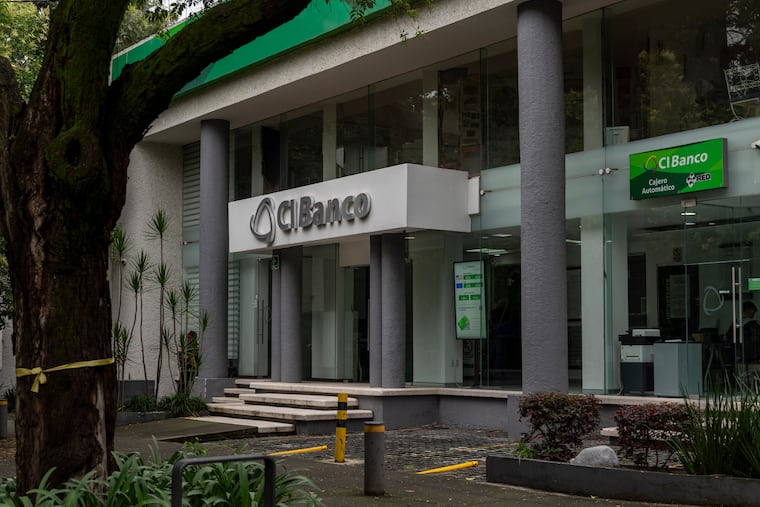The enduring popularity of bungalow homes in the Jersey Shore area continues to thrive among residents and visitors alike.
Accessory dwelling units (ADUs), often affectionately referred to as “mother-in-law suites” or “guesthouses,” have gained traction among homeowners, particularly in desirable locations like the Jersey Shore. In North Wildwood, one such structure, dubbed the “birdhouse,” has been part of Maryellen Paget’s property for decades and exemplifies the evolving use of these versatile spaces. Originally a garage, this quaint structure now features exposed rafters, two bedrooms, a small living area, and a loft, highlighting its transformation over the years.
The American Planning Association defines an ADU as an independent residential unit located on the same lot as a single-family home. Unlike traditional duplexes, ADUs maintain a degree of separation while sharing communal outdoor space. Their popularity has surged across the United States, providing innovative solutions to housing shortages and enabling homeowners to supplement their income through short-term rentals.
According to Zillow, ADUs experienced a notable rise in interest recently, with many municipalities facilitating their construction to address ongoing housing demand. In regions like the Jersey Shore, where real estate is at a premium, the enlargement of existing properties into multi-unit homes such as duplexes and triplexes has become common. However, as outlined in this article, there exists a tension between preserving historical homes and adapting to contemporary housing needs.
Real estate professionals note that properties with intact ADUs can yield significant revenue opportunities. These units can serve multiple purposes—be it long-term rentals, overflow accommodations for guests, or even being converted into independently sold parcels. Areas with pre-existing ADUs are seen as advantageous, especially in the current housing climate.
In locales like Asbury Park, city officials aim to promote ADU construction, focusing on affordability rather than short-term vacation rentals. This is a critical consideration as these resort towns see rising prices that may potentially alienate local residents. Officials are advocating for regulations that encourage long-term leasing options for these units, helping to create more affordable housing for those employed in the area.
Advocacy for ADUs is not limited to New Jersey; many across the nation regard them as pivotal for maintaining multigenerational households and generating affordable housing solutions. While ADUs have long been part of the West Coast housing landscape, they had largely fallen out of favor elsewhere due to restrictive zoning laws. This shift in public perception underscores the need for more inclusive housing policies.
Emerging evidence suggests that towns embracing ADU construction not only cater to current residents but also acknowledge the urgent need for sustainable housing solutions across various demographics. As communities evaluate their housing landscapes, interest in the capacity for ADUs to enhance both living conditions and real estate value continues to grow, signaling a potentially transformative moment in residential planning.
The evolution of ADUs at the Jersey Shore forefronts a broader discussion about housing accessibility and the balance between development and community preservation, highlighting ongoing shifts in the housing market that invite further exploration and understanding.
Media News Source.







